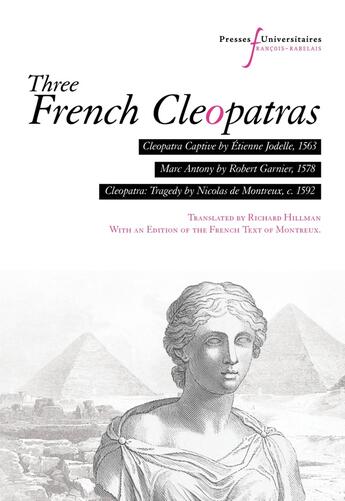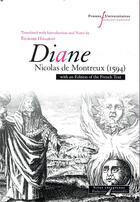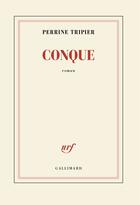Résumé:
The three dramatisations of the sensational story of Antony and Cleopatra translated here (two for the first time) amount to a significant sub-genre within the current of sixteenth-century French tragedy generally termed "humanist". Étienne Jodelle's Cleopatra Captive (Cleopatre captive) was... Voir plus
The three dramatisations of the sensational story of Antony and Cleopatra translated here (two for the first time) amount to a significant sub-genre within the current of sixteenth-century French tragedy generally termed "humanist". Étienne Jodelle's Cleopatra Captive (Cleopatre captive) was first performed before Henri II in 1553 and widely recognised as the first neo-classical tragedy in French. It also served as a reference point for the subsequent treatments of Robert Garnier (1578) and Nicolas de Montreux (c. 1592), which likewise extract from the classical narratives (principally Plutarch) a triangular dynamic of love and power among the three protagonists (Antony, Cleopatra, Octavius Caesar). That dynamic proves susceptible to varying emphases and ambiguous interpretations in a way that documents the developing potential of humanist tragedy itself.
The volume presents these features more clearly thanks to two innovative features. The first is the translation of the work of Garnier, which, apart from the greater accessibility of its modern English, is more respectful of the original, both in form and key details, than the Elizabethan version produced by Mary Sidney Herbert, Countess of Pembroke (Antonius, 1592). Secondly, the volume includes not only the first English translation of the little-known but remarkable tragedy of Montreux, but also, to facilitate access and comparison, the first edition of the French text since its own era, when it was widely diffused.
Donner votre avis















